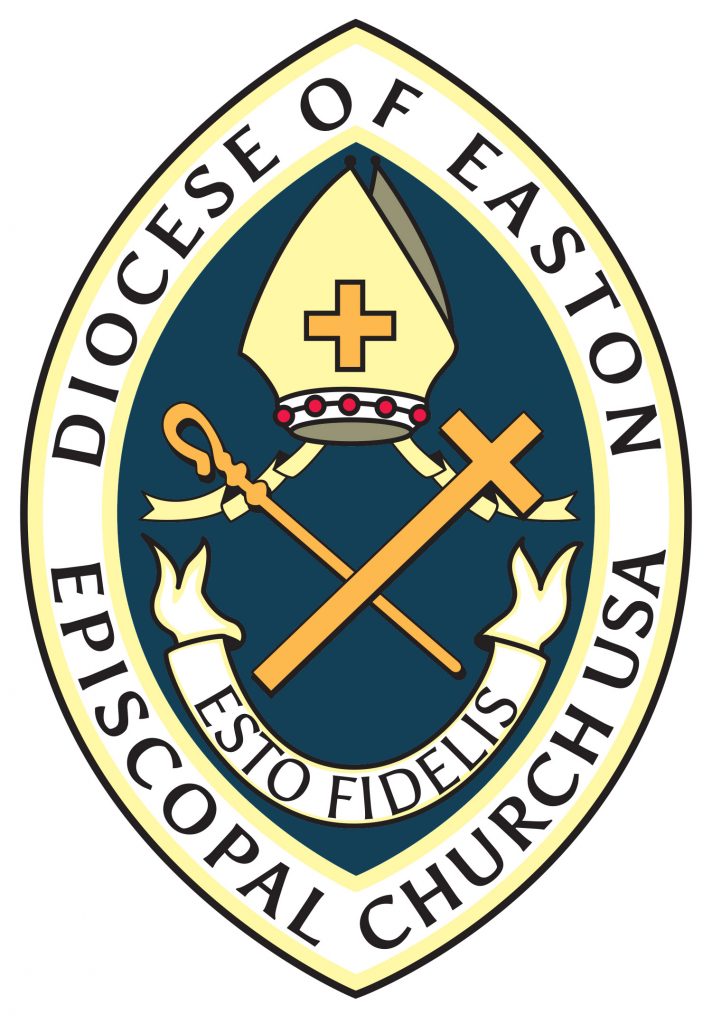
The Sacrament of Holy Communion is one of the principal sacraments of this church instituted by our Lord on Maundy Thursday. As we are reminded in our sacramental formation it forms one of the historic traditions and practices of the Great Triduum of Holy Week. In the early church and into this century communicants have received communion in both kinds – bread and wine, signifying the body and blood of Jesus. This practice was temporarily suspended out of an abundance of caution during the height of the Covid-19 pandemic.
Jesus instituted the Eucharist “on the night when he was betrayed.” At the Last Supper he shared the bread and a common cup of wine at a sacred meal with his disciples. He identified the bread with his body and the wine with his blood of the new covenant. Jesus commanded his disciples to “do this” in remembrance of him (see 1 Corinthians 11:23-26; Mark 14:22-25; Matthew 26:26-29; Luke 22:14-20). Christ’s sacrifice is made present by the Eucharist, and in it we are united to his one self-offering (BCP, p. 859). Above all the Eucharist is interpreted as a celebration by the people of God honoring the command of Jesus to the faith community.
My beloved, after consultation with bishop colleagues from dioceses in the Episcopal Church, I am authorizing the reintroduction of the Common Cup effective Palm Sunday, April 10, 2022. Communion of one kind (host) is advised for any parishioners who remain cautious or hesitant about the common cup. (Please discontinue purchase of prefilled cups – use up any remaining supply by Pentecost Sunday, June 5). Intinction is permitted but carefully monitored and supervised by clergy.
My beloved, I am cognizant this transition to pre-covid protocol may be of concern to our faithful members. As such, I am encouraging clergy to use this season to engage formation particularly on Anglican Eucharistic theology.
Christ is risen! A happy, holy and blessed Easter to all! Amen.
+ Bishop San
